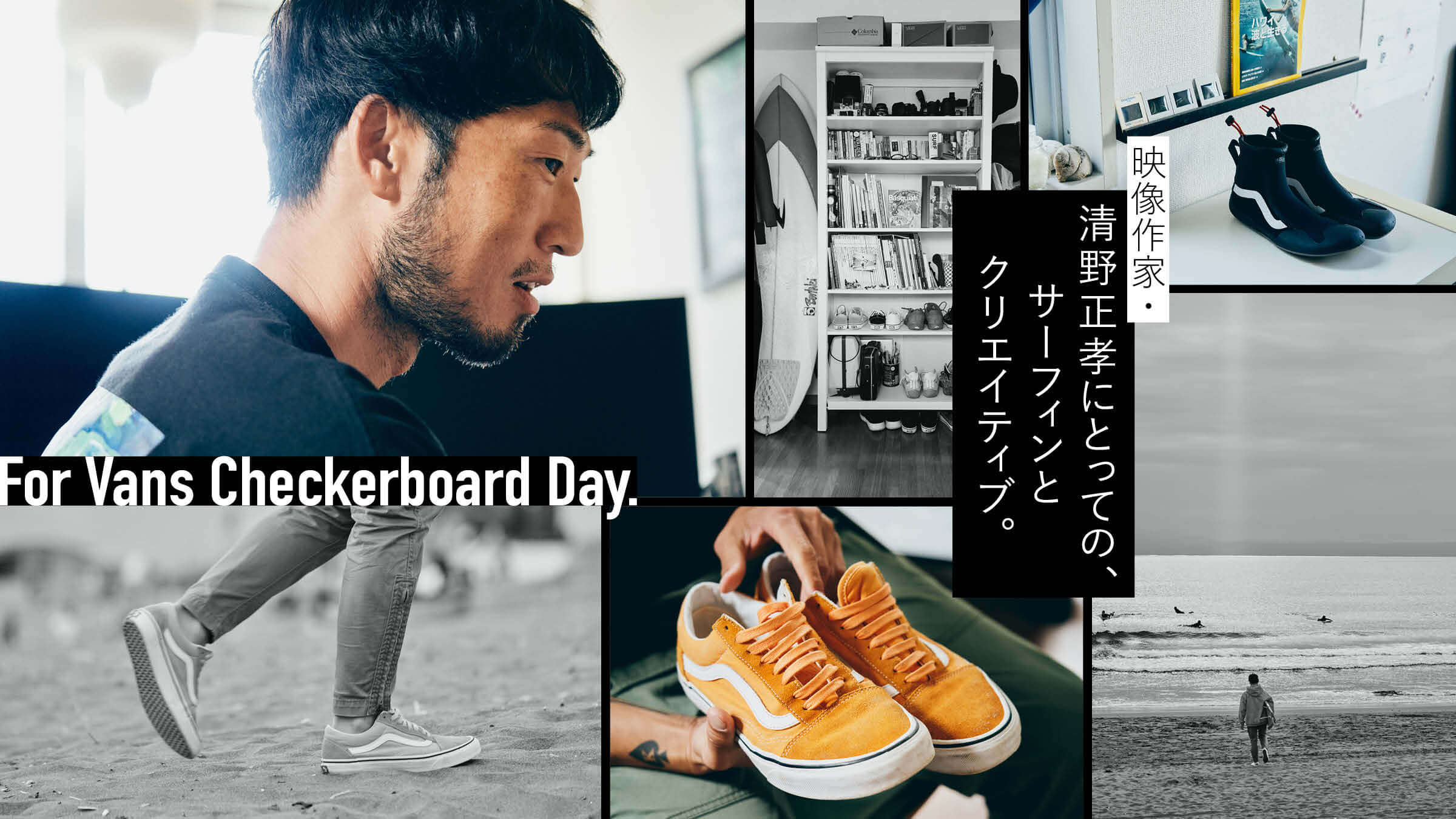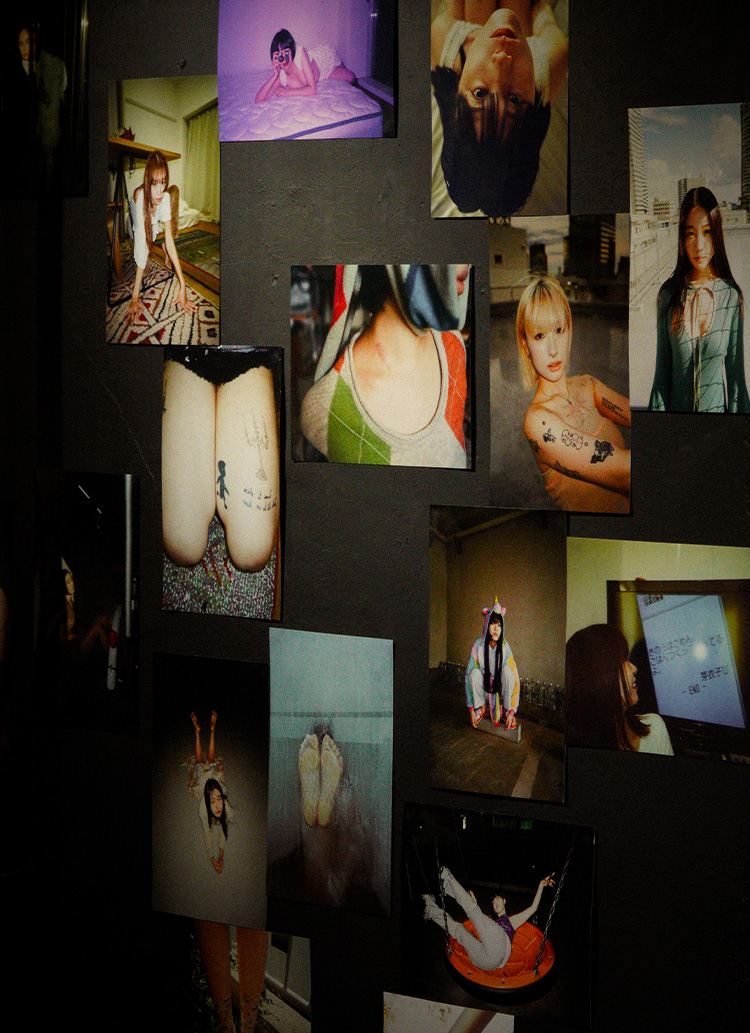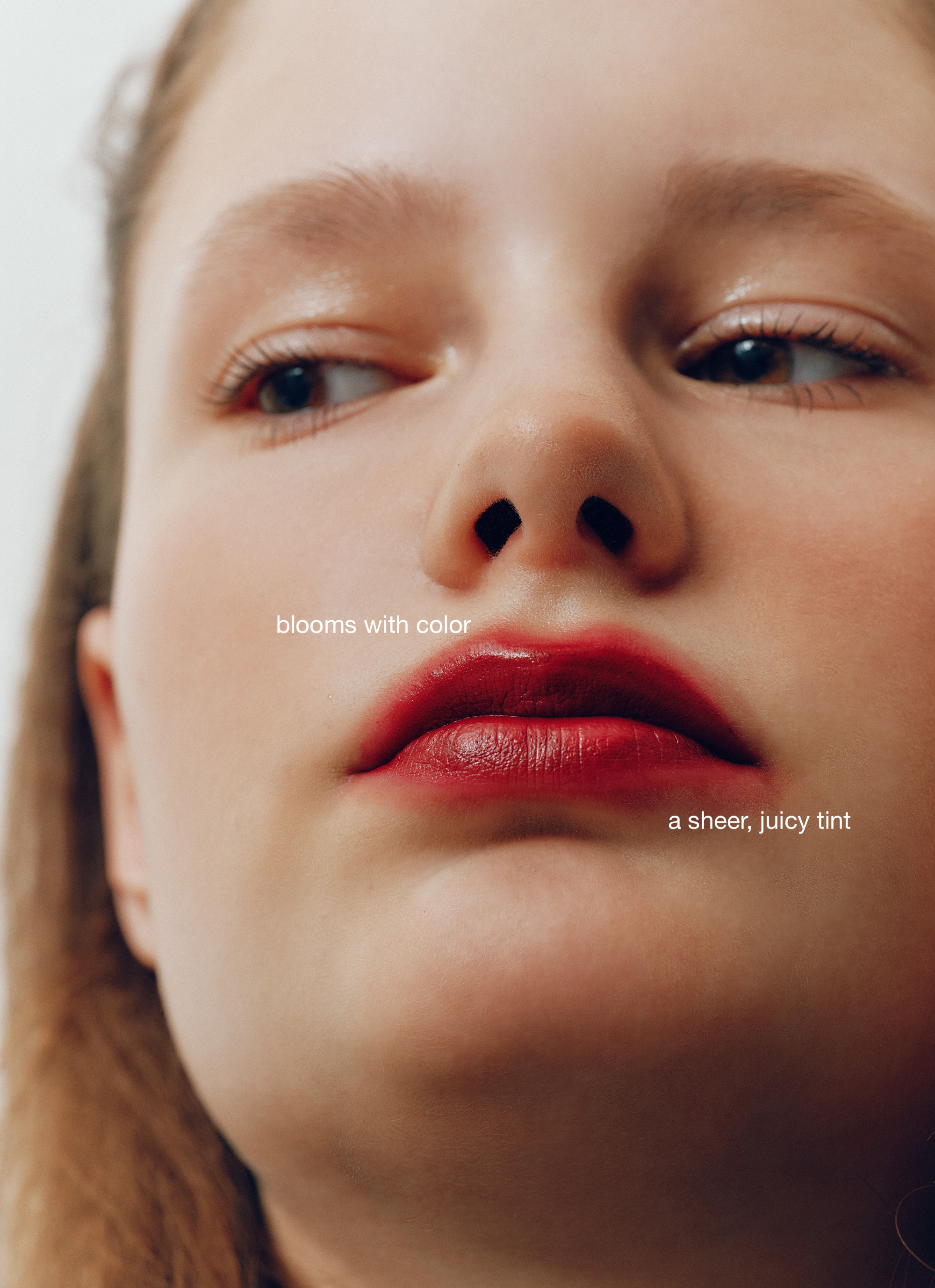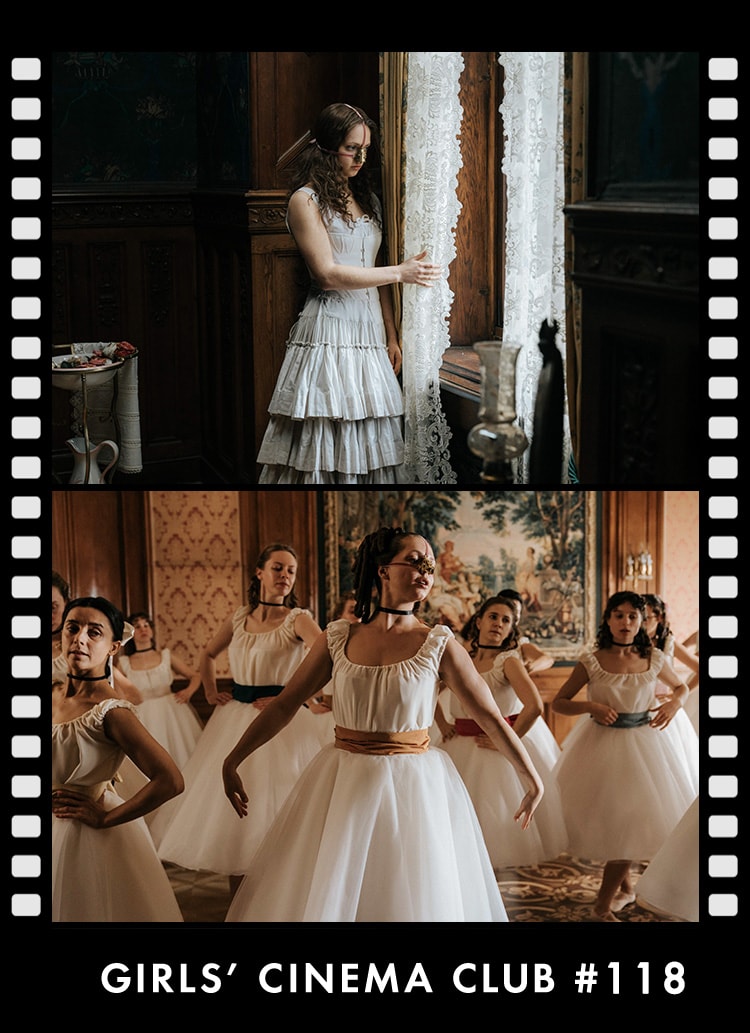PROFILE

Born in Saitama, Japan. 41 years old. Lives in Shonan. While studying filmmaking in Los Angeles, he became fascinated with surfing. After returning to Japan, he worked as an assistant director for a TV drama production company before becoming a freelance filmmaker. In 2018, his first feature-length documentary film "Wakita PEAK," which closely follows a family of surfers living in Hawaii, will be screened nationwide.
Instagram:masatakakiyono
He portrays the core of surfing with his gutsy video skills.
You were in the U.S. just a few days ago, weren't you?
That's right. I was in Utah filming a blind climber.
It's very intense. Are you the director of this film as well?
No, I participated in that as a filmer. So it was not my own work.
I understand that you are the director of Fuji Television's "The Nonfiction".
Actually, I don't think I want to depict unhappy people. That show is pretty unhappy (laughs). (Laughs.) But my mentor told me to try it in order to understand what it means to depict people, so I started.


There are about 20 directors working on that program. Each director is always looking for new material, and if they like what they see, they give the go-ahead. We are the first to determine whether or not something will make it to air, but if it looks like it won't make it halfway through, it is terminated. The ones that go on the air are usually filmed for about six months.
What made you decide to enter the video industry in the first place?
After graduating from high school, I went to Los Angeles to study film for some reason. Just for fun. When I came back to Japan, I first got a job at a TBS drama production company. It was super hard work, and I dropped out of the company as soon as I could. But I wanted to do film and I loved surfing, so I moved to Shonan.

Do you get into surfing in Los Angeles?
That's right. As you know, there are so many surfers in California. And one day, a friend of mine took me there. At first I didn't enjoy it at all, but one day I found a good wave. I was able to stay on the wave for a long time. That was the first time I was hit by a wave. I also thought surfing was cool, including the free culture.

One of the reasons Mr. Seino decided to make a documentary surf film was the documentary surf film "Thicker Than Water" by Jack Johnson.
How was life after you moved to Shonan?
I had no contacts at all, but I got a job at a company that made surfing DVDs. Monthly income was 50,000 yen. Incidentally, the rent at the time was 43,000 yen (laughs). (Laughs) I made a lot of connections there, and I became an official photographer for a world tour called the World Surf League. Since that time, I have always wanted to convey the fun and freedom of surfing. So I decided to make the ultimate surfing film. I wanted to depict the core of surfing with serious visual skills.
The ultimate film was "Wakita Peak," which was released in 2018.
That's right. But when I finish making "Wakita Peak," I want to make the next one (laughs).









